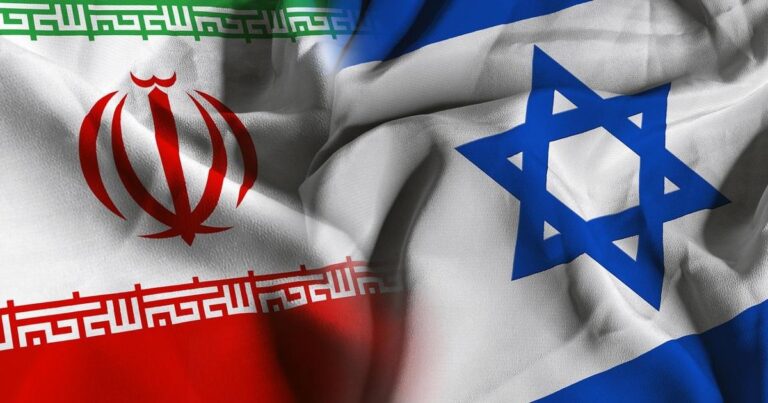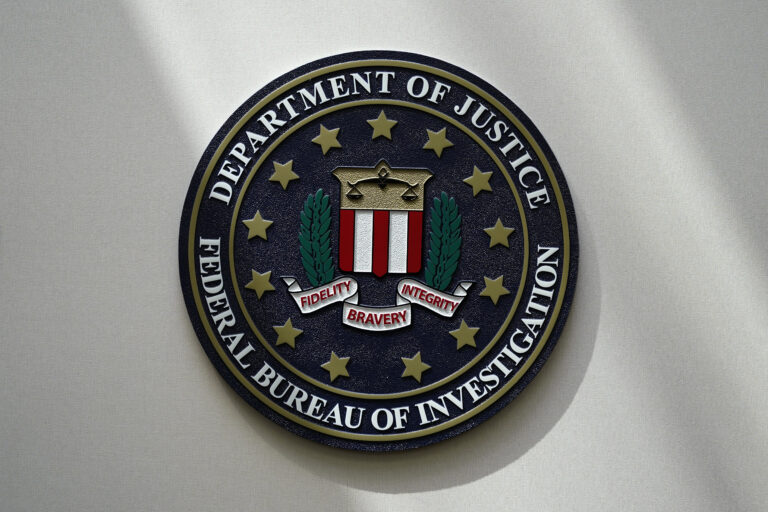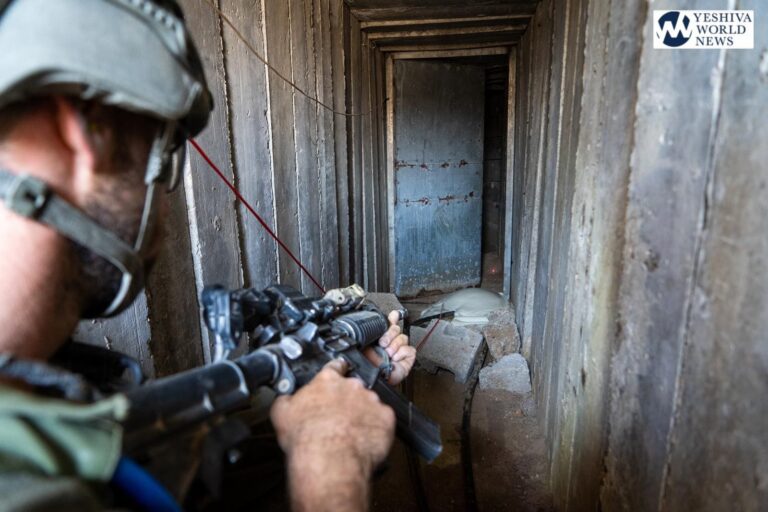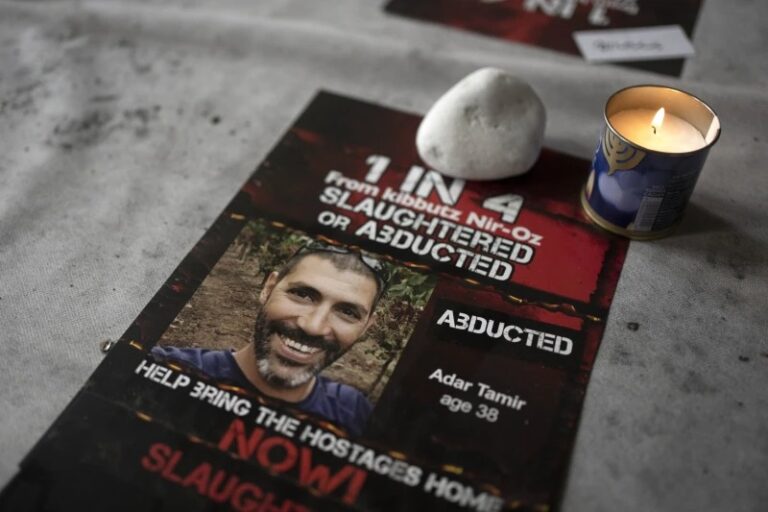 [By Dr. Irit Felsen]
[By Dr. Irit Felsen]
On May 10, 2016, children of Holocaust survivors participated in a discussion group that I facilitated at the Boro Park Y in Brooklyn. This meeting, the first in a series of ten monthly meetings scheduled over the coming year, was organized by Bikur Cholim Chesed Organization. The program was made possible by a grant from the Jewish Federations of North America, through their Center for Advancing Holocaust Survivor Care.
About 50 Second Generation members made the time in their busy lives and filled the room to the brim. Briefly introducing ourselves to each other allowed us all to register again the scope of the Holocaust as each mentioned the countries of origin of our parents. The participants were also requested to mention the topics of interest that they would wish to learn more about.
The legacy of the Holocaust and its impact on the relationships between the survivor parents and their children had influenced participants’ lives in many different ways at different times along their development. The way members of the Second Generation experienced the process of becoming more independent and making their own choices during the teenage years, the way they made decisions as young adults, such as choice of life style, whom to marry (or not), and their degree of involvement with their parents throughout their adult life, were all influenced by the special themes of intense loyalty and awareness of the parents’ painful past and sensitivity to loss.
At this time, as the survivors’ numbers are dwindling, many of us are still coping with this difficult phase in life, when parents are suffering from physical ailments or from cognitive decline. This is often a particularly painful time that brings many terrible memories back for the survivors, and places enormous challenges on their children to find the way to help aging parents find good care, empathy and peace at the end of their lives.
Another issue raised at the meeting involved the relationship with the Third Generation, their perceptions of the Holocaust and of their experience of their grandparents’ legacy, which is often different than the experience and the perceptions of the Second Generation.
Following the introductions, I shared with the group the recently published piece by Varda Spiegel, “Playing the Holocaust Card”, which appeared in the Times of Israel around Yom Hashoah. The article captures that special connection among those of us who share this unique family background.
In the discussion that followed, I began to describe what I call the “dual reality” of trauma and its role in the lives of children of parents who survived extreme suffering and loss. The conversation began to address the findings and insights from the research into the long term effects of the Holocaust. The last several decades, since the introduction of the diagnosis of Post Traumatic Stress Disorder (PTSD) into the psychological and psychiatric literature, have led to a torrential accumulation of studies on the effects of trauma in many populations. The findings, including from studies of Prisoners of War and Veterans in Israel and in the USA, as well as other victims of extreme trauma across the globe, have corroborated the earlier observations regarding survivors of the Holocaust. Insights from all of these populations suggest that PTSD, and even sub-clinical post traumatic reactions, are possibly associated with premature aging and cognitive decline.
It was moving to notice the tentative, yet courageous willingness of participants to put out to the group the issues that are truly of interest and concern to them. There was acknowledgement of the tremendous variance and nuance in the vast range of experiences that characterize the Second Generation. Some suffered greatly due to the impact of severe parental post-traumatic reactions on the relationships in the family, while others had parents who were able to protect their children much more from their own suffering.
Despite many differences, there was a feeling of unique affiliation among those who attended and interest in learning more about the way in which we in the Second Generation, in our middle age (or close to it), can re-examine our experiences from the vantage point of now being parents and grandparents ourselves, and make new meanings of it for ourselves and for the next generations.
I left the meeting awed by a kind of an exuberant energy that was felt in room among us, children of survivors, by the experience of coming together and anticipating the possibilities that an open, frank and deep discussion amongst ourselves offers.
The next meeting is scheduled for June 28th, 2016, again at the Boro Park Y.
[Dr. Irit Felsen is a clinical psychologist and an adjunct professor of psychology at Yeshiva University. She is also a member of the American Academy of Experts in Traumatic Stress.]
(YWN Desk – NYC)





